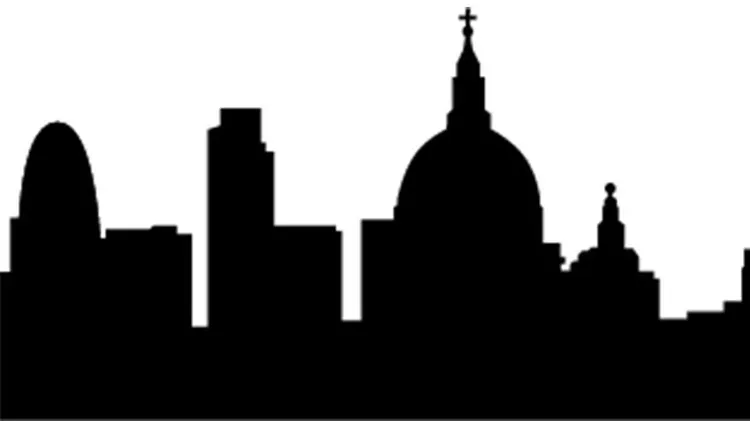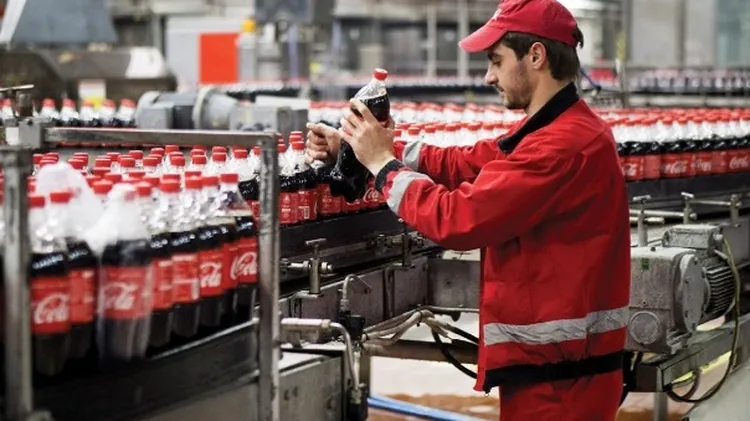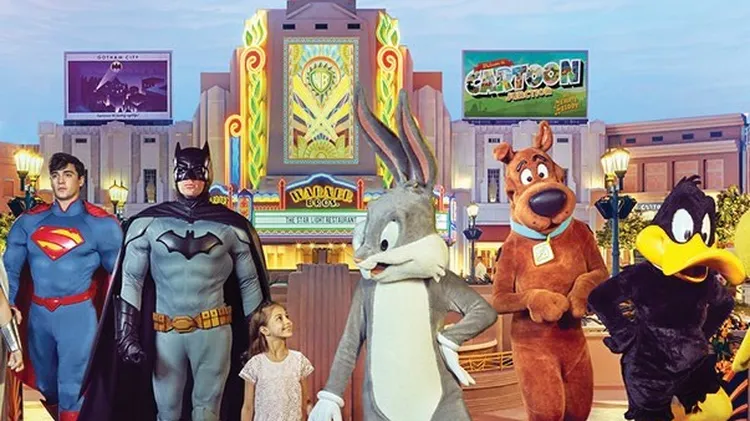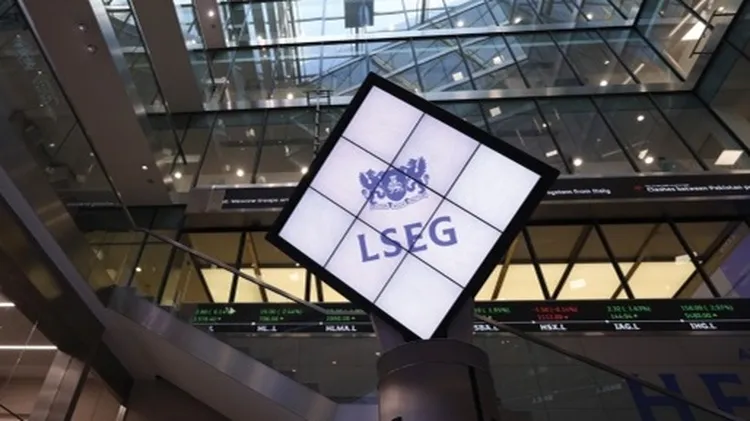By Angus Hanton Author and expert in UK
We must face up to the reality of the usa’s takeover
3 min read
This article is from...
Read this article and 8000+ more magazines and newspapers on Readly





